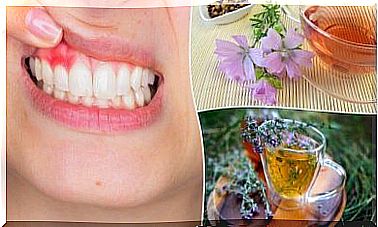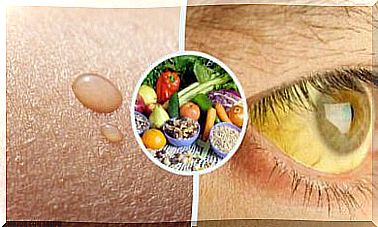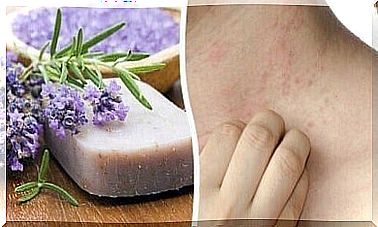15 Personal Items You Should Never Share
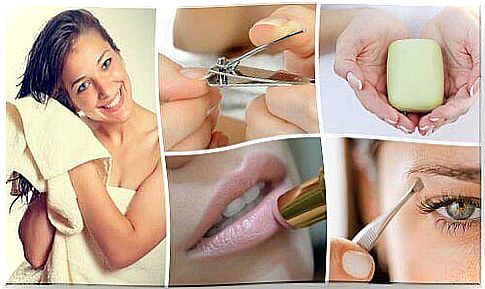
We are so used to being generous with our family members or our closest friends that we have no problem sharing a few personal tools with them. Because we find these things harmless, we see no reason not to share them with someone who accidentally needs them at the moment. However, some items should never be shared with others.
There are certain risks that you should keep in mind. Even if you don’t see it with the naked eye, they accumulate pathogens that can transmit inflammation.
Some people do not fully understand what exactly they should avoid borrowing, and why it is necessary to take these precautions into account.
That’s why we’ve compiled a list of the 15 most common items along with their biggest risks.
Don’t miss this!
1. Piece of soap
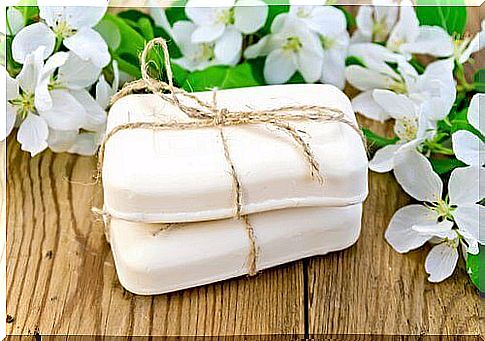
The bar of soap used on the body is usually covered with microorganisms that come from your skin, which can lead to inflammation or disease.
You don’t know if another person has a fungus of some sort, or a virus infection or other similar condition (or if you have one), so this is one of those personal things you shouldn’t share.
2. Towels
These personal items tend to stay moist after use, and this creates the perfect environment for the pods and sponge to grow.
Not only should you avoid borrowing these, but you should also wash them in hot water at regular intervals.
3. Deodorant
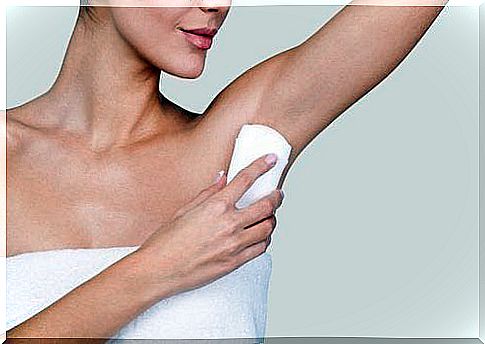
Roll-on deodorants or anti-dispersants should not be distributed because they come in direct contact with the armpits and accumulate bacteria.
Deodorants that come in spray bottles or do not come into contact with the skin can be borrowed without any problems.
4. Toothbrush
Some couples are used to sharing their toothbrushes. But the problem with this is that they accumulate millions of oral microorganisms between the small bristles.
You definitely need to have your own personal toothbrush. You should also disinfect it regularly with vinegar or hydrogen peroxide and change it often enough.
5. Tweezers
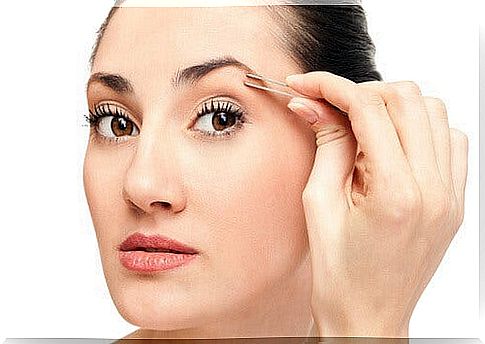
These are used, for example, to shape eyebrows, which can spread diseases with hair removal.
However, if you disinfect them before and after each use, there is no risk.
6. Lip cream
Lip creams collect small particles of dead skin, contaminants and bacteria sticking to themselves and can easily spread.
Sharing these personal items with other people increases the risk of developing cold sores.
7. Shaving blades
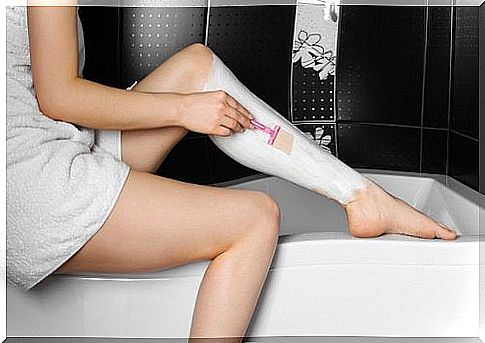
Hair follicle blades are great for removing hair and dead skin cells that accumulate in certain areas of the body.
Blades should not be split because they accumulate bacteria and fungi that can easily spread dermatitis.
In addition, if you cut a wound on your skin, you may get pathogens that move with the blood.
8. Earplugs
These small devices usually end up growing several different types of microorganisms that accumulate in the earwax.
Staphylococcus and streptococcus are bacteria that usually live in these areas. Sharing them can cause inflammation and swelling.
9. Shoes
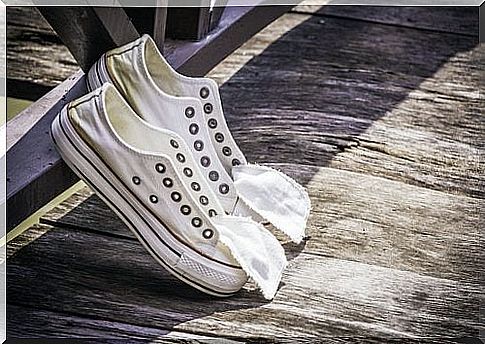
Shoes, especially those with poor air circulation, are a common source of fungi and bacteria that cause inflammation of the skin and nails.
The fact that several people wear the same shoes greatly increases the risk of these diseases.
10. Pumice stones
Pumice stones are a personal hygiene product that prevents the growth of bacteria that eat dead skin.
Its use usually softens the skin to get rid of wrinkles. Sharing the stone with other people increases the likelihood of warts and foot fungi.
11. Nail clippers
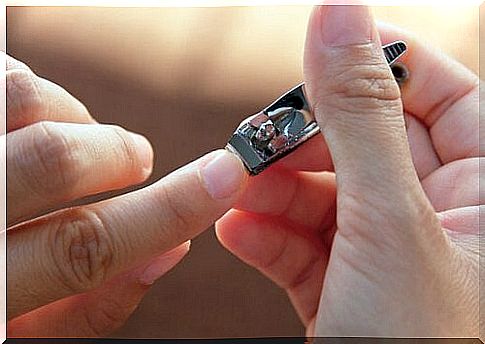
Although you cannot see it with the naked eye, your fingers and nails hide a large number of bacteria, fungi and viruses that can lead to inflammation.
With the sharing of these personal items, certain fungal infections and papillomavirus can spread.
12. My bath
This relaxing and helpful tool for your skin is moist most of the time. This means that it provides the perfect environment for the growth of fungi and bacteria.
To avoid the risk of inflammation, it is best to use your own fungus.
13. Earrings
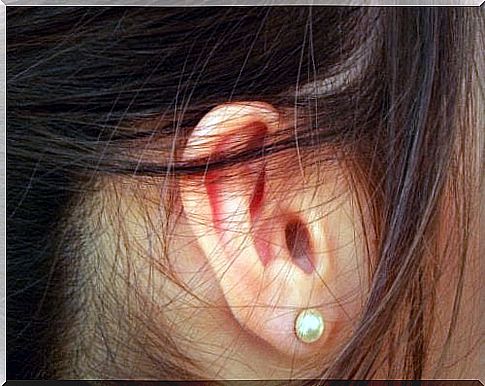
Earrings can spread blood-borne pathogens or inflammation. But if you disinfect them well before using them, you have no risk of infection.
14. Swimwear
Just like lingerie, swimwear is an intimate outfit made for personal use.
Bacteria and microorganisms on the skin, as well as fluids secreted by the body, are carriers of bacteria and can spread inflammation.
15. Make-up and make-up brushes
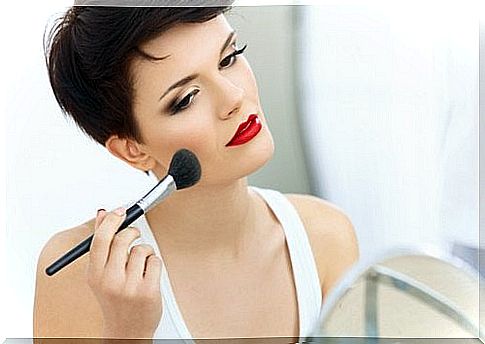
No cosmetic products as well as their means of application should ever be distributed as they come in contact with the skin.
Giving others to use them increases your risk of suffering from acne, fungi and allergic reactions.
Do you usually share these personal items? Now that you know what the risks are, try to keep them to yourself.

